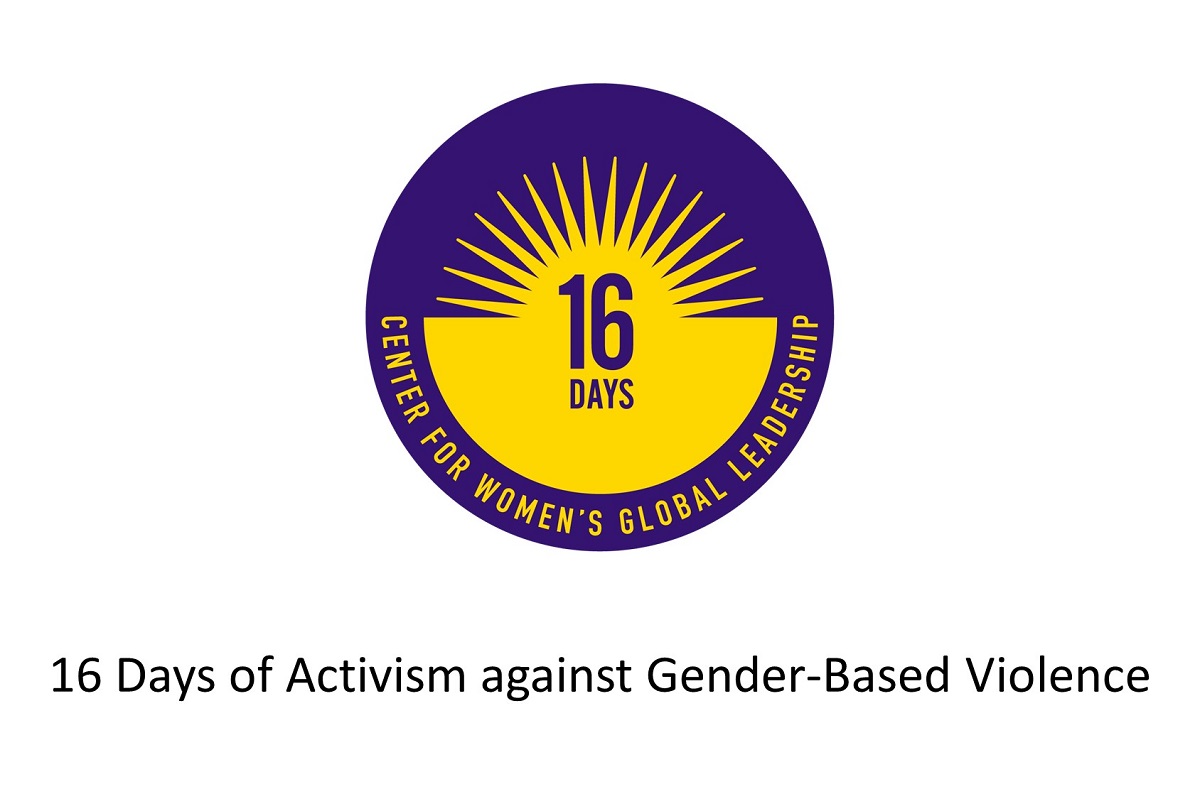
Today’s post is by Zoe Walter. Zoe is a counsellor here at Health, Counselling and Disability Services and is also the Sexual Violence Project Officer. Having Zoe in our team is one critical part of the university’s efforts to address gender-based violence. You can read more about the University’s stance on sexual assault and harassment here, as well as FUSA’s Be a Better Human campaign.
Zoe is wonderfully compassionate and engaging individual and the post below marks her first contribution to the blog. It draws attention to current community events relating to violence against women, as well as outlining the supports available within the university and beyond for women who are experiencing violence.
Gareth
This fortnight you will probably see a lot of activity in the media and your news feeds about the experience of violence against women and girls – #hearmetoo, #metoo, #1800RESPECT.
This is because the 25th November was the International Day for the Elimination of Violence Against Women, and marks the start of 16 Days of Activism against Gender-Based Violence, ending on 10 December, Human Rights Day.
Gender-based violence is a widespread issue that continues to affect women and girls at high rates across the world. WHO (World Health Organisation) estimates 1 in 3 women experience physical and/or sexual violence in their lifetime (http://www.who.int/news-room/fact-sheets/detail/violence-against-women).
In Australia, we know 1 in 4 women have experienced violence by an intimate partner, and are nearly 3 times more likely than men to have experienced violence by a partner (Personal Safety Survey, 2016).
On average, 1 woman a week is killed by an intimate partner (Australian Institute of Criminology National Homicide Monitoring Program – Cussen & Bryant, 2015).
1 in 5 women has experienced sexual violence, and women are 8 times more likely to experience sexual violence by a partner than men (Personal Safety Survey, 2016).
Sexual assault, domestic and family violence comes in many forms. It can happen to anyone, in any relationship. It’s never ok. If you or someone you know has experienced violence and abuse, support is available.
Support @ Flinders:
- Duty Service from 9am-5pm by phone 8201 2118 or email counselling@flinders.edu.au for phone counselling support and to book an appointment with one of our counsellors.
- Flinders Out-of-Hours Crisis Line – call 1300 512 409 or text 0488 884 103.
Support outside Flinders:
- 1800RESPECT is Australia’s national sexual assault, domestic and family violence support service. Anyone can access the confidential information, referral and counselling service at any time of the day, every day of the year through 1800respect.org.au or 1800 737 732. The next step is always your choice.
- Yarrow Place Rape & Sexual Assault Service, phone 8226 8777.
Providing 24/7 crisis response service (1800 817 421), and therapeutic counselling and groups for recent and past sexual assault.
- SA Police on 13 11 44 for attendance or to make a report, or 000 in an emergency.
To find out more:
You can find out more about this campaign at the websites below:

